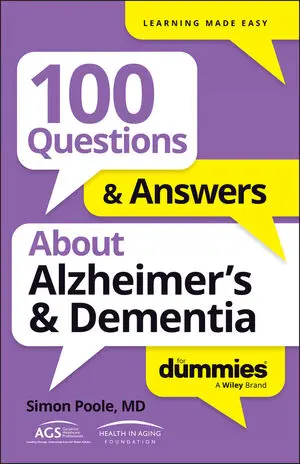Brain autopsy may involve cost, and special arrangements must be made prior to your loved one's death.
If you decide to donate your loved one's brain after her death, you need to start the process now. Through brain donation, you help researchers as they look for answers to prevent dementia and AD as well as define future treatments. However, because brain tissue is only viable for 24 hours after a person dies, arrangements must be made well in advance of your loved one's death. Contact a research center, brain bank, or university to make brain donations arrangements.
For more information on brain donation, contact your local Alzheimer's Association or check these websites:






